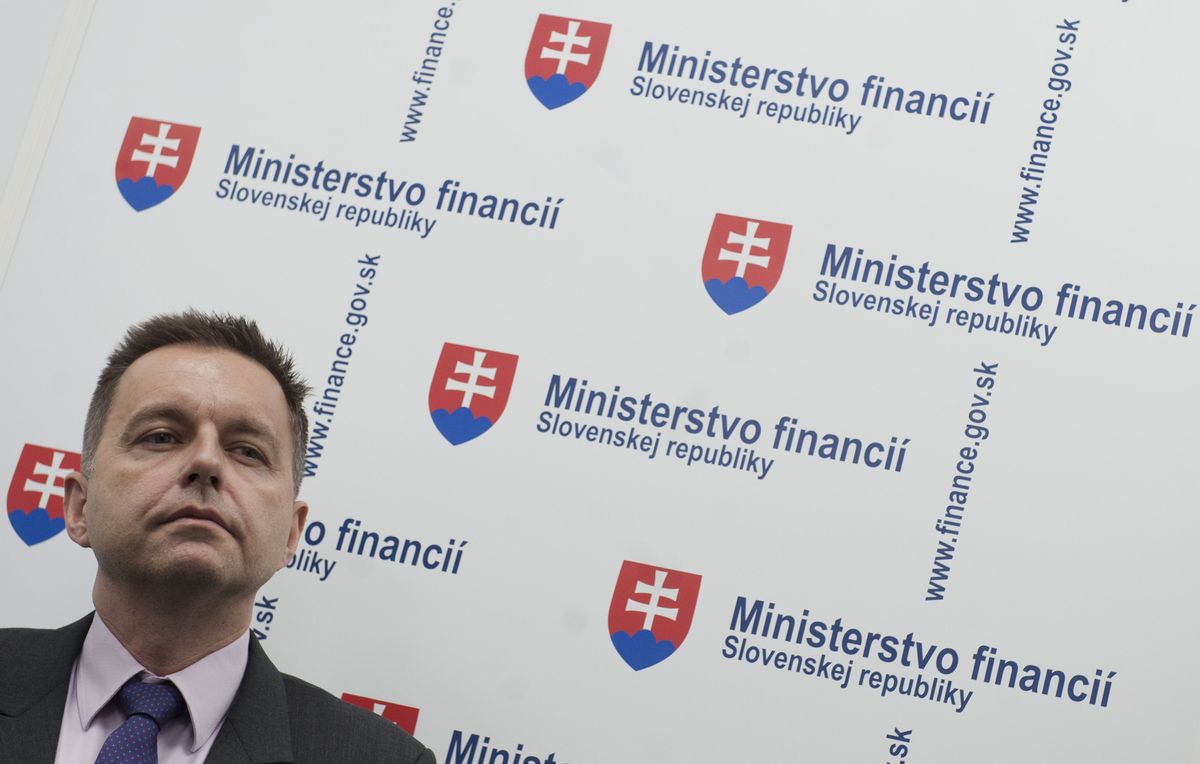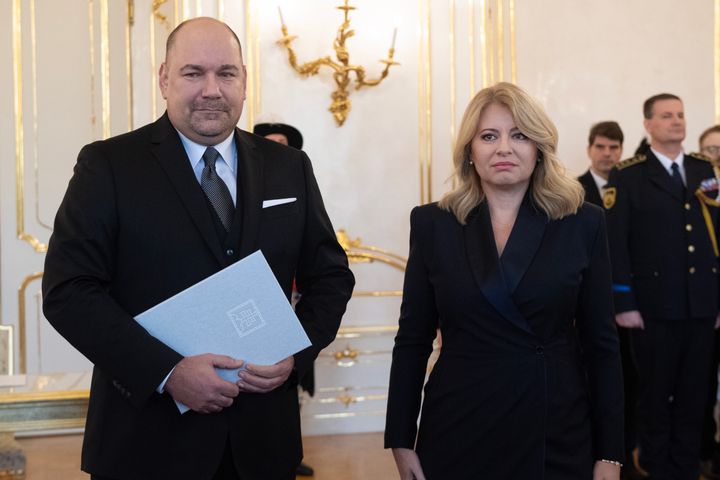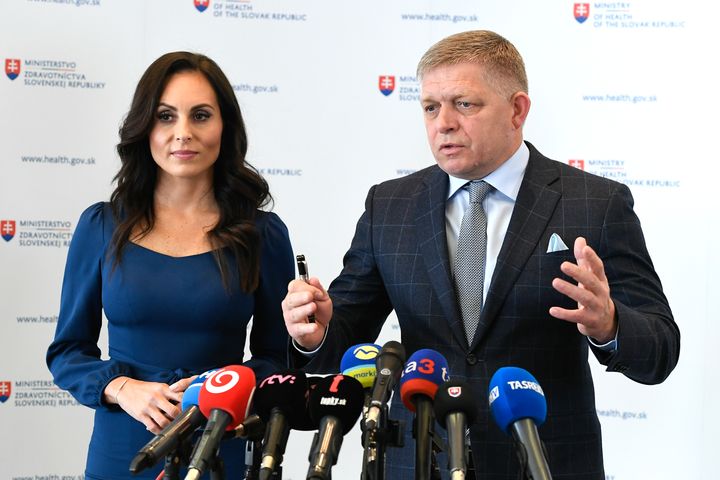Kazimir Heralds Further Changes to Tax Laws in 2017

Bratislava, January 3 (TASR) – A number of changes in taxes that the coalition okayed last year were based on the Government Manifesto and coalition agreements, and more of the kind will follow this year, Finance Minister Peter Kazimir (Smer-SD) has said in an interview for TASR.
As of January 1, corporate income tax has been reduced from 22 percent to 21 percent, and deductible lump-sum allowances for the self-employed have been increased from 40 percent to 60 percent. In addition, the so-called ‘tax licences’ for companies will be abolished as of 2018. “It was incumbent on us to translate promises from the coalition agreement and the Government Manifesto into actual laws,” said the minister.
As for future measures regarding taxes, the ministry is planning to come up with incentives for investments in concrete areas. The Manifesto itself contains a commitment to support the tourism and spa industries. Kazimir pointed to the upswing that tourism in Slovakia has been experiencing recently, particularly in the wake of what could be described as a tense situation in some countries.
“We’re working on these things. We won’t draft measures alone without sharing our proposals with the public. We’ll also hold talks with employers and associations with a stake in these areas. I believe that some concrete initiatives are to be expected as early as in the spring,” said Kazimir.
Also in the works is another package of measures to fight tax evasion, including in conjunction with a team of Justice Minister Lucia Zitnanska (Most-Hid). “We seek to zero in on the issue of criminal laws concerning tax evasion as well as on purpose-built company mergers, which is currently in vogue among these groups,” he added.
Even though the state’s move to ramp up efforts in the fight against tax dodging has brought in an extra €2-3 billion over the past few years, Kazimir believes that there is still room for improvement. “It’s still the case that there is a lot to be done. Ideally, we could collect an additional €700-800 million annually, or 1 percent of GDP,” he added.



